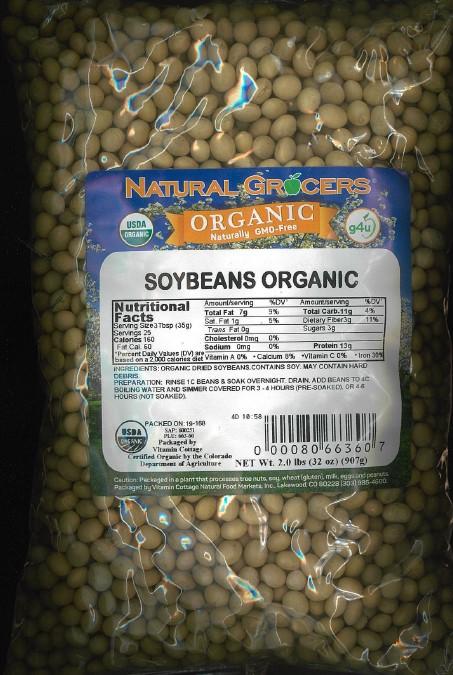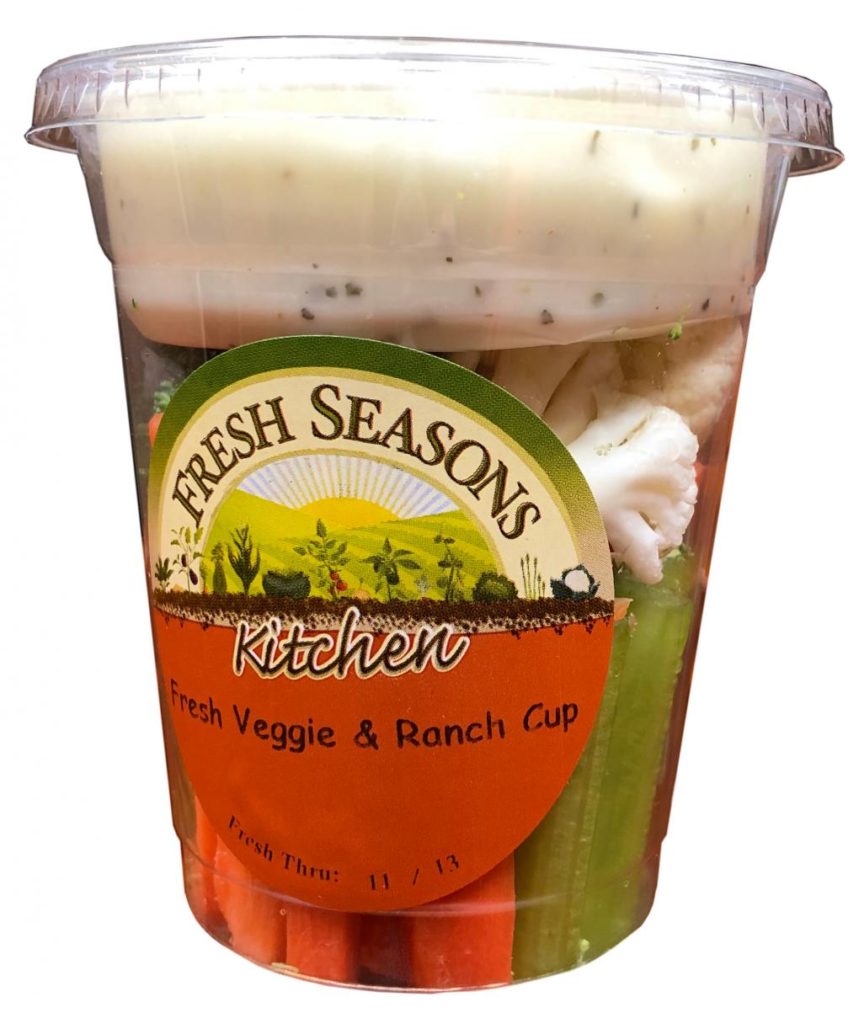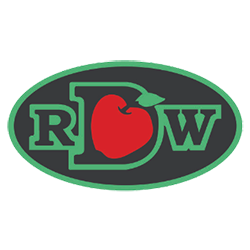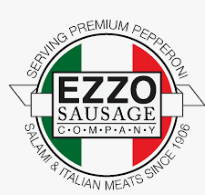The FDA announced on their website that Vitamin Cottage Natural Food Markets, Inc., from Lakewood, Colorado, is recalling Natural Grocers brand 2-pound Organic Soybeans because they have the potential to be contaminated by molds. The recalled product is packaged in clear plastic bags weighing 2 pounds and bearing the “Natural Grocers” label. The contamination was noted after routine testing by Natural Food Markets revealed the presence of mold. Production of the product has been suspended while the Food and Drug Administration and the company continue their investigation into the source of the problem. The product was distributed to 154 Natural Grocers’ stores located in Arkansas, Arizona, Colorado, Iowa, Idaho, Kansas, Louisiana, Minnesota, Missouri, Montana, Nebraska, Nevada, New Mexico, North Dakota, Oklahoma, Oregon, Texas, Utah, Washington, and Wyoming. @ https://www.fda.gov/safety/recalls-market-withdrawals-safety-alerts/natural-grocers-issues-recall-organic-soybeans-due-mold?utm_campaign=Natural%20Grocers%20Issues%20Recall%20on%20Organic%20Soybeans%20Due%20to%20Mold&utm_medium=email&utm_source=Eloqua
ruth
Vitamin Cottage Natural Food Markets, Inc., a Lakewood, Colorado-based natural grocery chain, is recalling Natural Grocers brand 2-pound Organic Soybeans becaus
ruth
The FDA announced on its website that Taher, Inc., in conjunction with Mann Packing Co., is recalling products as part of a multi-state recall due to the potential risk of Listeria monocytogenes, in an abundance of caution. Thaher recalls vegetable cups served in select locations in Minnesota. This recall impacts only the 7.5oz Fresh Seasons Kitchen Veggie & Ranch Cup containing cauliflower sold between October 30, 2019, and November 4, 2019, in select cafeterias and vending machines in Minnesota. No illnesses or injuries have been reported to date in connection with either the Mann Packing Co. or Taher, Inc. recall. @ https://www.fda.gov/safety/recalls-market-withdrawals-safety-alerts/taher-voluntarily-recalls-veggie-ranch-cups-cauliflower-because-possible-health-risk
Taher, Inc., in conjunction with Mann Packing Co., as part of a multi-state recall due to the potential risk of Listeria monocytogenes, in an abundance of cauti
ruth
The FA announced on its website that Russ Davis Wholesale (RDW), a leading fresh produce processor and distributor, is recalling multiple products due to possible contamination of Listeria monocytogenes. The recall is in response to Mann Packaging, Inc. initiating a recall late on November 3, 2019, as an ingredient provider to Russ Davis Wholesale. No illnesses have been reported. The products include: Broccoli, Cauliflower & Carrots with Butter – 18 oz, Broccoli, Cauliflower & Carrots with Butter – 18 oz, Tomato, Carrot, Broccoli & Snap Pea- 13 oz, Tomato, Radish Broc & Cauli – 13 oz, Veggie Tray w/Dip-1.75 lbs, Veggie Tray W/Ranch Dip – 3#, Riced Broccoli, Short Cut Stir Fry Blend – 12 oz, Veg Tray W/Dip- 1.5 lbs, Fresh Veggie Value Bowl -2.5#, Veggie Blend With Dip- 12 oz, Vegetable Tray with Veggie Dip-3#, nd Veggie Tray With Radishes. The affected product was shipped to retail stores in Minnesota, Wisconsin, North Dakota, South Dakota, Illinois, Indiana, Michigan, Iowa, Montana, Nebraska, and Wyoming.@ https://www.fda.gov/safety/recalls-market-withdrawals-safety-alerts/russ-davis-wholesale-voluntarily-recalling-products-due-possible-health-risk?utm_campaign=Russ%20Davis%20Wholesale%20Voluntarily%20Recalling%20Products%20Due%20to%20Possible%20Health%20Risk&utm_medium=email&utm_source=Eloqua
Russ Davis Wholesale (RDW), a leading fresh produce processor and distributor, in an abundance of caution is voluntarily recalling multiple products due to poss
ruth
The U.S. Department of Agriculture’s Food Safety and Inspection Service (FSIS) announced that Ezzo Sausage Company from Columbus, Ohio, is recalling approximately 25,115 pounds of sausage products that may be contaminated with Listeria monocytogenes. The ready-to-eat sausage products were produced on Oct. 29, 2019, Oct. 30, 2019, and Nov. 5, 2019. These items were shipped to distribution centers in Indiana and Ohio. The problem was discovered when EZZO notified FSIS of a positive sample result for Listeria monocytogenes. No illnesses have been reported. @ https://www.fsis.usda.gov/wps/portal/fsis/topics/recalls-and-public-health-alerts/recall-case-archive/archive/2019/recall-111-2019-release
Ezzo Sausage Company, a Columbus, Ohio establishment, is recalling approximately 25,115 pounds of sausage products that may be adulterated with Listeria monocytogenes.




